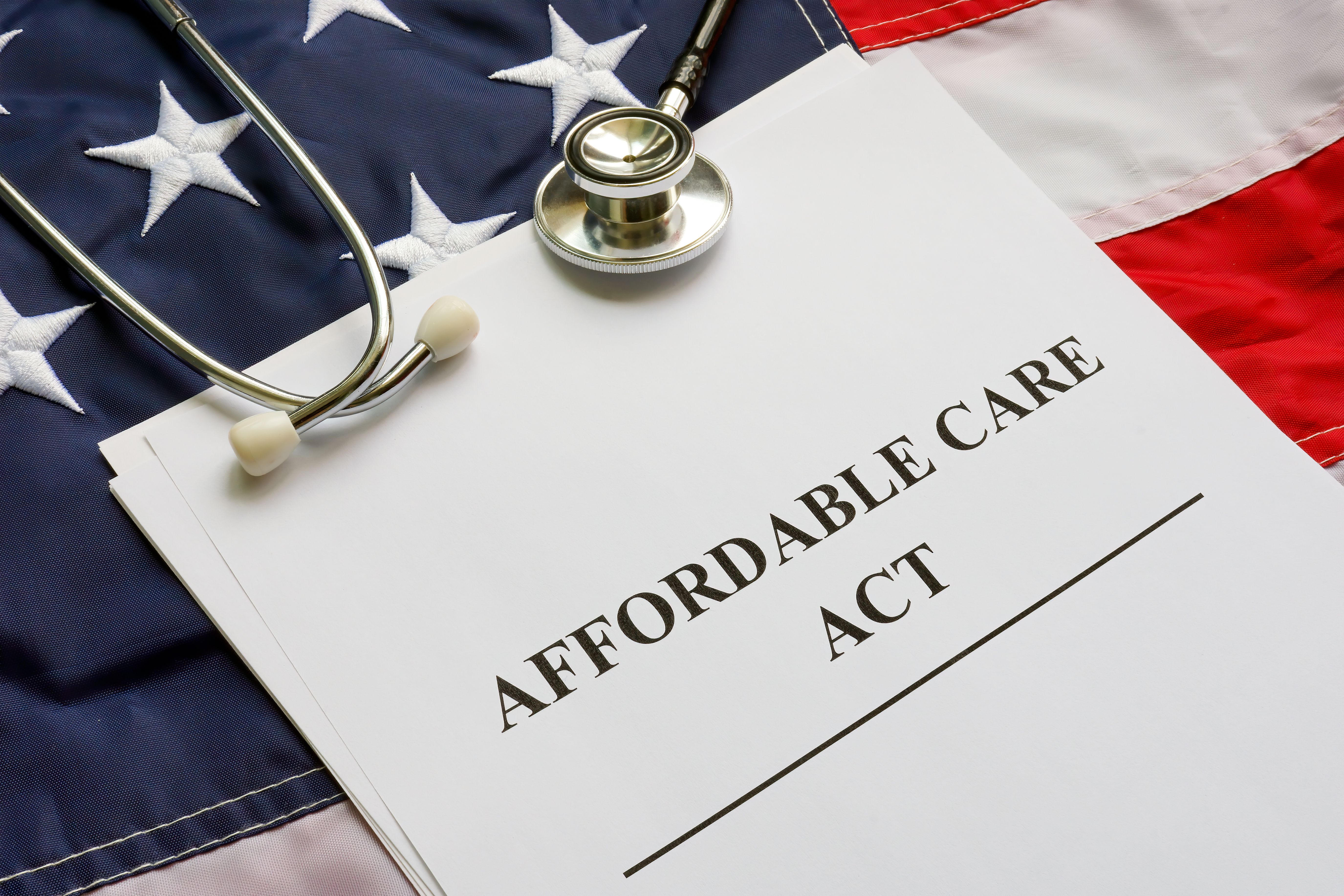
- Center on Health Equity & Access
- Clinical
- Health Care Cost
- Health Care Delivery
- Insurance
- Policy
- Technology
- Value-Based Care
ACA Enrollees Share Mixed Opinions Ahead of Open Enrollment, Upcoming Election
Report reveals growing divide between subsidized and unsubsidized enrollees.
As the Affordable Care Act (ACA) marks a decade since its full implementation, enrollees remain divided on its impact.1 Satisfaction with ACA plans vary significantly between those who receive government subsidies and those who do not, according to a new report from eHealth Inc., a major online health insurance marketplace.

In a survey of over 300 ACA enrollees, 66% of subsidized members view the ACA as a success, compared with just 34% of those without subsidies. With open enrollment starting November 1, 2024, and health care concerns at the forefront for many voters, this report sheds light on affordability gaps and evolving opinions on coverage equity and cost-sharing.
“Signed into law in 2010, the ACA only came into full effect in 2014,” wrote the investigators.2 “It’s been 10 years since the individual and family health insurance market was refashioned top to bottom. This election year, we wanted to check in with ACA plan enrollees to ask how they feel about the success of the law, their satisfaction with their coverage, and its affordability.”
When asked if the ACA succeeded in making health insurance more affordable and accessible, 44% of enrollees believe the ACA has succeeded, 37% do not feel that the ACA has succeeded, and 19% are unsure.
Additionally, among those receiving federal subsidies that reduce their costs, 66% of enrollees consider the ACA a success, while only 34% of those not receiving subsidies consider the ACA a success.
The report revealed that most individuals (68%) are satisfied with their coverage, but only 27% would keep it if other options like employer-based coverage were available to them. Among those receiving federal subsidies, 78% say they are satisfied, while 64% of the unsubsidized say they are satisfied with their coverage.
Lowering costs was seen as a priority for enrollees. When asked what 2 things they would like to change about their ACA coverage, 56% each cited lowering premiums and out-of-pocket costs. Additionally, 41% of enrollees wanted access to more doctors, and only 5% of enrollees would change nothing.
Another big concern for individuals is the impact of the election this year. Among likely voters, only 7% say it is their top priority. However, a majority (60%) say that health care is among their top 3 voting priorities this year. Meanwhile, 75% of ACA plan enrollees receiving subsidies noted they are worried about their subsidies being reduced.
Finally, nearly 3 in 10 (29%) enrollees feel that some people at higher risk of needing medical care should pay more for coverage, with 76% of enrollees who feel that heavy drinkers should pay more, while 73% of enrollees say smokers should pay more.
As open enrollment approaches and health care remains a pivotal issue in the upcoming election, eHealth’s report highlights both the strengths and limitations of the ACA after 10 years. While many enrollees value the coverage provided under the ACA, the disparity in satisfaction between subsidized and unsubsidized members underscores ongoing challenges in affordability and access.
“Through health reform’s early years, eHealth was actively engaged in testing consumer sentiment on major provisions of the law and the experiences of enrollees,” wrote the investigators. “We discovered that those qualifying for federal subsidies often had a different take than the unsubsidized, who saw their costs rise significantly.”
References
1. Enrollees give Affordable Care Act mixed reviews ahead of open enrollment and November election. eHealth. News release. October 30, 2024. https://www.prnewswire.com/news-releases/enrollees-give-affordable-care-act-mixed-reviews-ahead-of-open-enrollment-and-november-election-302291365.html
2. The State of the ACA Today: An eHealth Report. eHealth. October 30, 2024. https://news.ehealthinsurance.com/_ir/68/20249/eHealth_Research_State_of_the_ACA_2024.pdf
2 Commerce Drive
Cranbury, NJ 08512
AJMC®
All rights reserved.